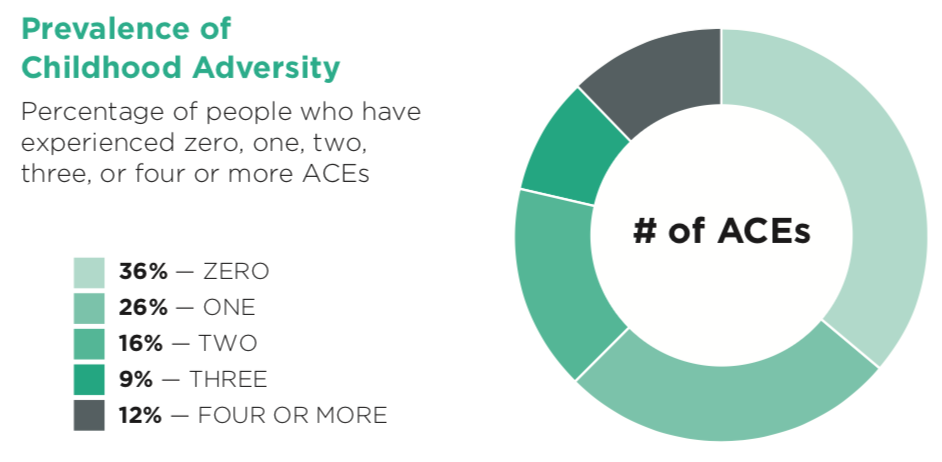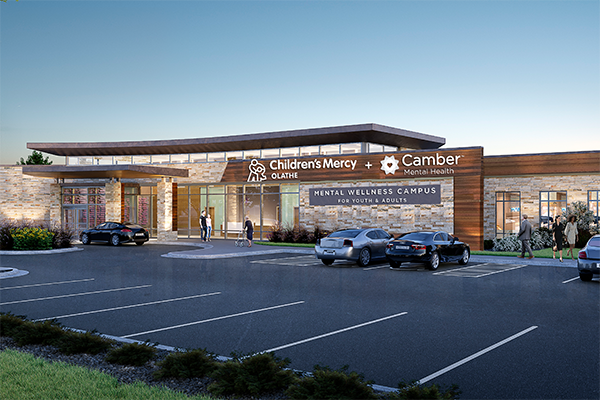- Locations
- How We Help
Overview
As the regional leader in youth mental health treatment, our innovative services help youth achieve health and wellness.
Treatment Programs
- Admissions
Overview
Learn how to admit your child to a Camber treatment location or make a client referral.
- Youth Disorders
- Resources
Overview
Our free resources help you stay informed and educated about mental health, brain development, and childhood trauma as well as how Camber is working toward building healthier communities.
- About Us
Overview
Our philosophy is to provide collaborative, compassionate and effective care through the use of timely, individualized treatment planning.
Learn More About Us
Treating Childhood Trauma
It is estimated that 2 out of 3 youth will be exposed to trauma before the age of 16. Traumatic childhood experiences impact how a child views themself and how they respond to the world around them. Trauma impacts significant regions of the brain responsible for problem-solving, emotion regulation and memory. Examples of traumatic childhood experiences include:
- Physical, sexual or emotional abuse
- Neglect
- Parental substance use disorder or other mental illness
- Bullying
- Physical health diagnosis (i.e., cancer)
- Natural disasters
- Witnessing violence at their home, school or community
- Divorce
- Loss of a parent
- Parent incarceration
- Racism and discrimination
- Terrorism or war
- Other life-impacting events
Years of research show that some of the worst health and social problems arise from traumatic childhood experiences.
Childhood Trauma Has Lifelong Effects
From 1995 to 1997, Kaiser Permanente’s Health Appraisal Clinic in San Diego studied more than 17,000 individuals in the Adverse Childhood Experiences (ACEs) Study. Researchers found that not only were ACES common, but a large portion of the group had experienced multiple ACEs. Participants also detailed their current health status and as the number of ACEs increased, so did the risk for health problems.
 Exposure to trauma causes high levels of stress within a person’s body and can overwhelm a person’s capacity to cope, also called toxic stress.
Exposure to trauma causes high levels of stress within a person’s body and can overwhelm a person’s capacity to cope, also called toxic stress.
The more toxic stress someone experiences, the more challenging it can be for the person to overcome future stress. Again, this is due to the way adversity affects a person’s brain development. Toxic stress also affects communities because the resulting health problems like depression, obesity, diabetes, heart disease, and cancer are costly and can adversely affect job performance.
Trauma Systems Therapy
Every team member at Camber, previously KVC Hospitals, is trained in Trauma Systems Therapy (TST), a comprehensive model for treating traumatic stress in children and teens. We use TST to teach children and families how to build skills to manage difficult emotions, process trauma, and move beyond traumatic experiences.
With a trauma-informed approach, a child’s treatment is focused on providing safe environments, practicing self-regulation and cognitive processing skills, and identifying resources to support the child as they transition back to their home community.
Camber’s Trauma-Focused Initiatives
- Partnered with The Annie E. Casey Foundation, Child Trends, and Dr. Glenn Saxe of New York University to launch one of the largest longitudinal studies in the U.S. on the impact of trauma-informed care
- Member of the Mid-America Regional Council’s trauma initiative, Trauma Matters
- Member of the Johnson County United Community Service Trauma-Informed workgroup
- Member of the Kansas Trauma-Informed Care Taskforce
Related articles:




